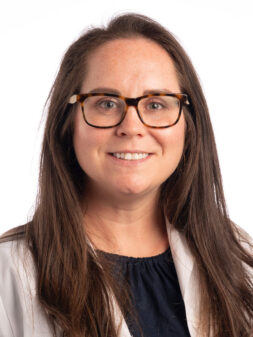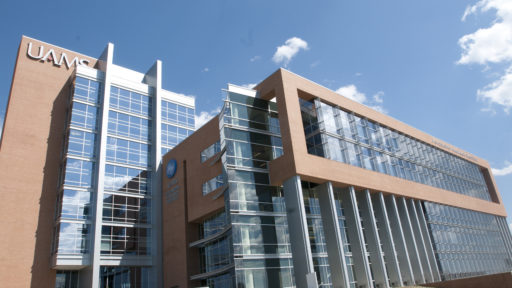Also called: MAT; Medication-Assisted Treatment
Medication-assisted treatment (MAT) is the use of medications with counseling and behavioral therapies to treat substance use disorders and prevent opioid overdose. Research shows that a combination of medication and therapy can successfully treat these disorders and, for some people struggling with addiction, MAT can help sustain recovery.
How MAT Can Help
MAT is mainly used to treat addiction to opioids, such as heroin and prescription pain relievers that contain opiates. The medication that is prescribed through MAT operates to normalize brain chemistry, block the effects of alcohol and opioids, relieve cravings, and normalize body functions without the negative effects of the abused drug. People may safely take medications used in MAT for months, years, several years, or even a lifetime.
The most common medications to treat opioid dependence include:
- Methadone
- Buprenorphine
- Naltrexone
- Naloxone
The Effectiveness of Medication-Assisted Treatment
The goal of MAT is full recovery and includes the ability to live a self-directed life. This treatment approach has been shown to:
- Improve patient survival
- Increase retention in treatment
- Decrease illicit opiate use and other criminal activity among people with substance use disorders
- Increase patients’ ability to gain and maintain employment
- Improve birth outcomes among women who have substance use disorders and are pregnant


